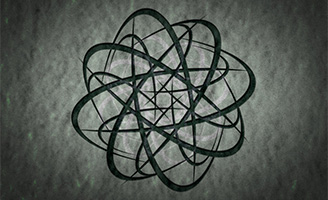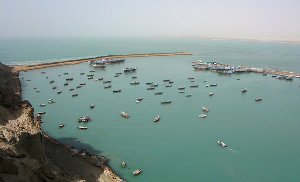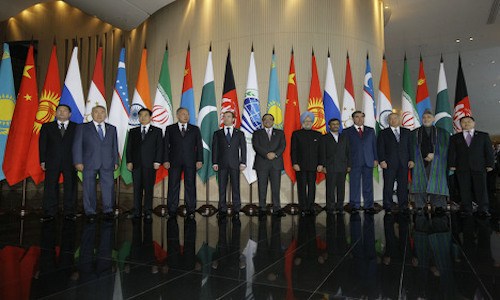Iran, A Nuclear Treaty, and Its Neighbors
By Stephen Blank (04/01/2015 issue of the CACI Analyst)
The 5+1 negotiations with Iran over its nuclear program reached a framework agreement in April 2014. In the U.S., there has been enormous controversy over the alleged outlines of a draft treaty that Iran must either accept or reject by June 2015. If Iran rejects the terms offered in the eventual treaty, the negotiation process is likely to break down. The controversy in the U.S. relates to Iran’s threats against Israel and to a lesser degree its neighbors in the Persian Gulf. But throughout this crisis, much less attention has been devoted to Iran’s relationships with its South Caucasian and Central Asian neighbors.

India to Invest in Iran's Chabahar Port
By Sudha Ramachandran (11/26/2014 issue of the CACI Analyst)
The Indian government’s decision in late October to participate in the development of Iran’s Chabahar port will jump-start this long-delayed project. The port’s expansion will boost its emergence as a major transshipment hub and its strategic location is expected to transform the region’s geopolitics. But will this ambitious project realize its full potential given unrest in the Sistan-Balochistan province, where it is located, and the prospects of a civil war looming large in Afghanistan?

Is Iran Making a Comeback in Central Asia?
By Stephen Blank (10/01/2014 issue of the CACI Analyst)
Iran is seeking to recapture lost ground in Central Asia and the Caucasus. Earlier signs that the nuclear issue might be moving towards a peaceful resolution has encouraged some of Iran’s neighbors to take preparatory steps to resume dialogue with Tehran. Iran has extensive ties with and influence in Afghanistan. Thus Iran’s vital interests are connected with the future of that country. As NATO winds down its presence there, the widespread concern about the future of Afghanistan may lead improved ties between Iran and Central Asian states who clearly want as many foreign governments as possible to exercise a moderating influence on Afghan developments.

Shanghai Cooperation Organization Set to Expand
By John C.K. Daly (08/14/2014 issue of the CACI Analyst)
The Shanghai Cooperation Organization (SCO) currently consists of China, Kazakhstan, Kyrgyzstan, Russia, Tajikistan and Uzbekistan. At an August 1 meeting in the Tajik capital Dushanbe, foreign ministers from the six member states reached consensus on legal documents providing for expanding the SCO to include four current SCO observer states, India, Pakistan, Iran and Mongolia, passing two draft documents on expansion for approval at the SCO summit to be held in Dushanbe September 11-12. If passed, it will be the largest expansion of the SCO since its founding.

Iran and Afghanistan: More of the Same
By Richard Weitz (07/02/2014 issue of the CACI Analyst)
Iran’s growing role in Iraq to counter the Sunni militants there has attracted increasing attention in recent weeks, but Tehran looks likely to assume a more prominent role in Afghanistan as well. Iranians see challenges as well as opportunities in both countries, where actors hostile to Iranian interests are active. The civil strife in Iraq and Afghanistan easily spills over into Iran, and their governments turn primarily to Washington for military support despite their growing ties with Tehran. In Afghanistan, Iran has pursued a complex multi-layer strategy designed to pursue its diverse and competing objectives.








